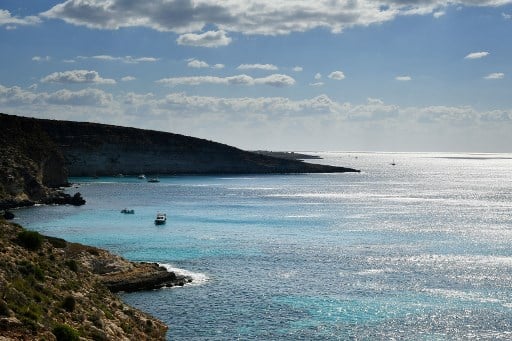Switzerland released a compensation payment worth over a million dollars to one of Libyan leader Muammar Qaddafi’s sons last summer, Swiss authorities revealed on Thursday.
“In the middle of last year, the sum was transfered by the German mediation, with our consent, to a Libyan account for Hannibal Qaddafi,” Swiss Foreign Ministry spokesman Lars Knüchel said, confirming a report on the Swiss daily Tribune de Geneve’s website.
Switzerland said last June, after a Swiss businessman detained in Libya was released, that the 1.5 million francs (1.08 million euros, $1.33 million) had been transferred to a blocked German account as part of a settlement.
The dispute had erupted two years earlier, when Qaddafi’s son Hannibal and his pregnant wife were briefly arrested at a Geneva hotel on suspicion of mistreating two of their domestic staff, prompting Libyan retaliation.
The standoff deepened when the Tribune de Geneve published leaked Swiss police mugshots of a dishevelled looking Hannibal in September 2008 that were taken at the time of his arrest.
Under a deal aimed at normalising ties that was overseen by Spain and Germany last year, the compensation would only be handed over if those responsible for publishing the photos were not identified.
Knüchel said in a statement e-mailed to AFP that the money was aimed at “inciting the confidence necessary for the release” of the Swiss businessman, ABB executive Max Goeldi, who had been detained by Libya during the dispute.
It rapidly became clear that those responsible for the leak in Geneva would not be identified and the money was released from the blocked account to a Libyan one, Knüchel explained.
“It was agreed that the money should be used by Hannibal Qaddafi for humanitarian purposes,” he added.
“To our knowledge, a few days before the current unrest erupted in Libya, the money was still in the account.”
On February 24, the Swiss government ordered a freeze on any assets that may belong to the Qaddafis and their entourage.



 Please whitelist us to continue reading.
Please whitelist us to continue reading.